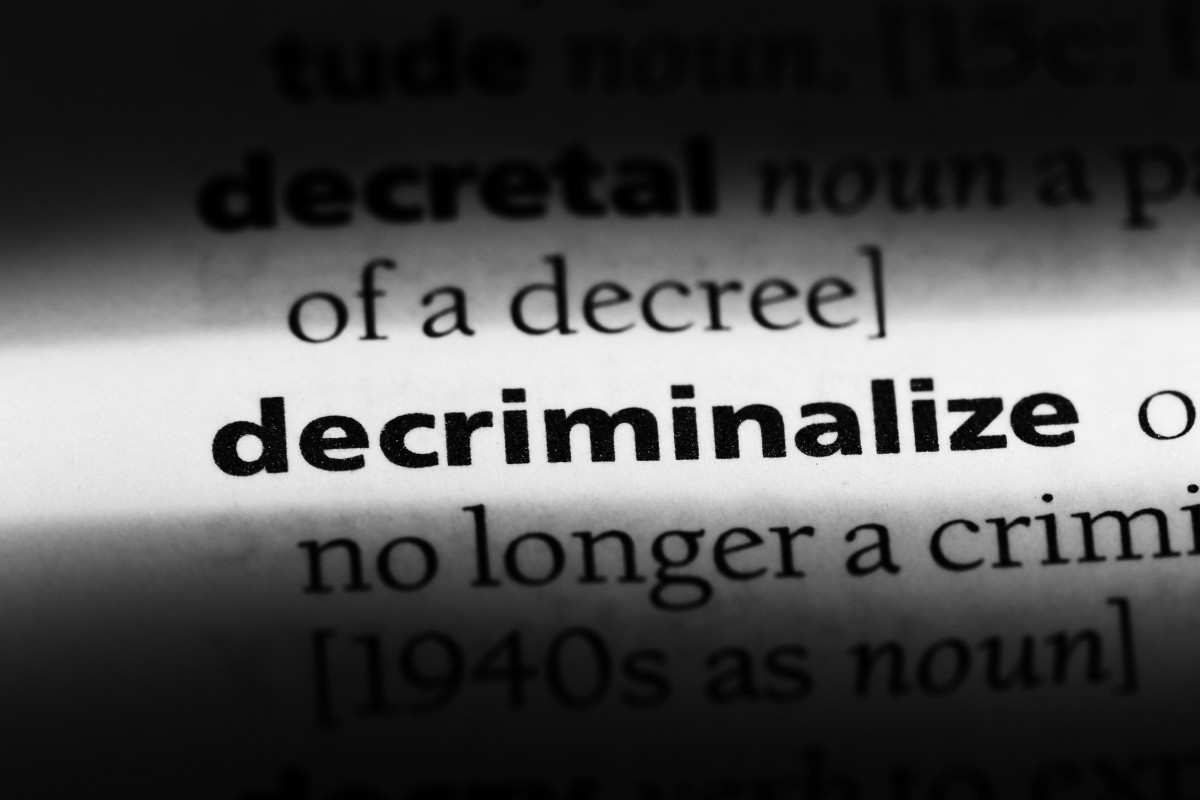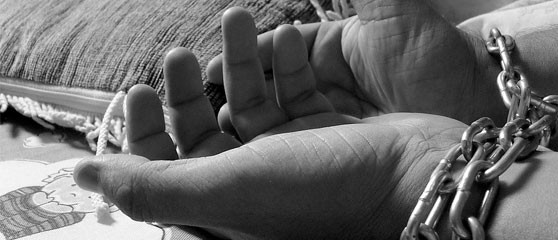“Wash your hands with soap”
“Use a hand sanitizer”
“Work from your homes”
“Maintain social distance”
The messaging from the Kenyan government is appropriate, straight to the point and persistent. Kenyans who reside in the leafy, spacious suburbs of towns are listening and progressively adjusting to the new measures to protect themselves from coronavirus. It is however, another world altogether in informal settlements, or slum areas of Nairobi: Kibera and Kawangware. Here, access to water, sanitation and solid waste services remain an unattainable luxury in the near future. Overcrowding makes physical distancing an impossibility and most families have grossly inadequate basic services. In ways unforeseen, the coronavirus pandemic threatens to worsen decades of neglect, exclusion, bad governance and social injustices. The urban poor may be hit hardest.
Supporting People Who Use Drugs in Informal Settlements
Surveys in informal settlements reveal less than 15% of people regularly wash their hands with soap. VOCAL-KE has established 10 handwashing stations near drug use areas in Nairobi’s informal settlements of Mathare, Kibera and Kawangware and, together with the local communities, we are sharing information on how people who use drugs can protect themselves during this time.
Alongside harm reduction partners, we have called on the government to recognise the extraordinary difficulties and vulnerabilities of people who use drugs in informal settlements and urgently recommend:
- The integration of a package of social assistance and support into treatment programs for people who use drugs. The memorandum is available here.
- Take-home methadone be made widely available, to reduce the need for daily travel.
- Police be required to engage with homeless people and people who use drugs with respect and dignity. The memorandum is available here .
Source: VOCAL Kenya
In The Midst Of COVID-19, Information is Protection and Empowerment
Information is both protection and empowerment right now. The coronavirus is not short of myths and misinformation. There are some who believe it is a Chinese or European pandemic which will not adversely affect Africa. There are those who hope that a glass of hot water or traditional liquor keeps corona away. VOCAL-KE has translated resources from the international community to support harm reductionists and people who use drugs to equip themselves to deal with the months to come. View the files here.
To date, Kenya has registered more than 336 cases, 95 recoveries and 14 fatalities. There may be hundreds others who do not know their status, in self-quarantine or, confined in isolation wards. News pages are predicting a coronapocalypse with far-reaching implications on public health, economics and human relations at all levels.
Now, more than ever we need to protect each other and the most vulnerable in society. Harm reduction is based in social justice and meeting people where they are at…. Kenya must take a harm reduction approach to the COVID-19 pandemic.
*Chris Abuor – Executive Director, VOCAL Kenya | Voices of Community Action & Leadership | Cel: +254 721 523 894 | Email: info@vocal-kenya.org



